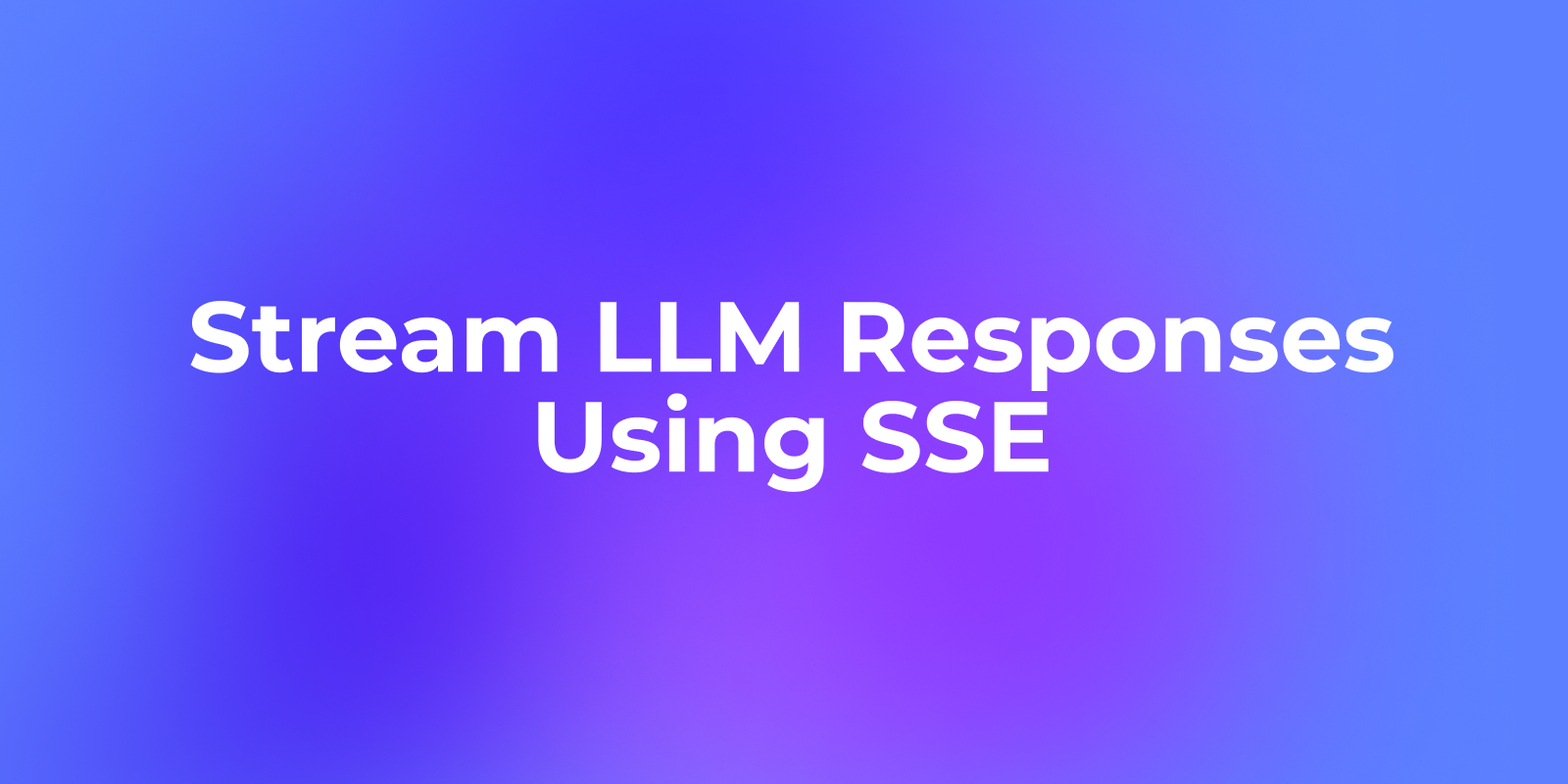In the dynamic landscape of API documentation, addressing pain points while embracing versatility is crucial. Apidog, a leading free OpenAPI documentation tool, has garnered attention for its robust features.
However, certain limitations, such as the absence of multilevel directory support and the inability to mix API and markdown documents within directories, have been notable pain points. Addressing these issues is pivotal for enhancing user experience and further solidifying Apidog's position as a top-tier documentation tool.
What is OpenAPI Specification?
To begin with, let's mention OpenAPI Specification for new beginners. The OpenAPI Specification (OAS) is a standard for defining RESTful APIs. It provides a structured way to describe endpoints, request/response formats, parameters, authentication methods, and more.
OAS aims to make API documentation more accessible, understandable, and interoperable across different systems and programming languages. By following the guidelines outlined in the specification, developers can create consistent and well-documented APIs that are easier to consume and integrate into applications.
Challenges for OpenAPI/Swagger Specification
- Absence of Multilevel Directory Support:
Multilevel directory structures are crucial for efficiently organizing complex API documentation projects. The lack of support for multilevel directories hampers the ability to categorize and manage documentation effectively.
2. Incompatibility of API and Markdown Documents in Directories: Users often require the inclusion of both API and markdown documents within the same directory for comprehensive documentation. The current limitation poses challenges in seamlessly integrating different types of documentation within directories.
Solution: Introducing Apidog
Apidog is an open-source platform crafted to streamline the process of documenting APIs. Offering a user-friendly interface coupled with powerful features, Apidog simplifies API documentation creation, management, and sharing effortlessly.

Built on the foundation of the OpenAPI Specification, Apidog allows seamless integration with existing OpenAPI specifications or facilitates the creation of new ones through its intuitive editor.
Enhancements in Apidog
- Multilevel Directory Support: Recognizing the significance of multilevel directory structures, Apidog now introduces robust support for hierarchical organization of documentation projects. The latest update empowers users to organize their documentation efficiently by providing comprehensive multilevel directory support.
- Integration of API and Markdown Documents in Directories: Acknowledging the need for flexibility in documentation organization, Apidog now allows seamless integration of API and markdown documents within directories. Users can effortlessly mix and match different types of documents within directories, enhancing the versatility of their documentation projects.
Other Features of Apidog
- Interactive Documentation: Apidog generates interactive documentation for your APIs, facilitating easy exploration of endpoints, parameters, request payloads, and response schemas.
- Code Samples and Examples: Apidog enables the inclusion of clear and concise examples in multiple programming languages, aiding developers in understanding API usage.
- Versioning and History Tracking: Apidog simplifies the management of multiple API versions and tracks changes made to the documentation, ensuring accessibility and accountability.
- Collaboration Tools: Facilitating seamless collaboration among team members, Apidog offers features for inviting contributions, assigning roles, and tracking changes.
- Mock Server Integration: Apidog seamlessly integrates with mock server solutions, enabling the generation of mock APIs directly from the documentation for efficient testing.
- Automatic Documentation Generation: Apidog automates documentation generation based on OpenAPI specifications, ensuring real-time updates and accuracy.
Why Choose Apidog?
- Ease of Use: Apidog's intuitive interface and comprehensive features make it incredibly easy to create and manage API documentation, even for beginners.
- Flexibility: Whether you're working on a small project or a large-scale enterprise application, Apidog adapts to your needs with its customizable features and robust capabilities.
- Community Support: Being an open-source project, Apidog benefits from a vibrant community of developers who contribute to its development and provide support to fellow users.
- Cost-effective: As a free open-source tool, Apidog offers all its features without any cost, making it an ideal choice for developers and organizations looking to save on documentation expenses.
- Regular Updates and Improvements: The development team behind Apidog is committed to continually improving the platform by releasing updates and adding new features based on user feedback and industry trends.
Conclusion
Apidog's commitment to addressing user feedback and enhancing its features underscores its dedication to providing an unparalleled documentation experience. With the introduction of multilevel directory support and the integration of API and markdown documents within directories, Apidog empowers users to overcome previous limitations and elevate their documentation projects to new heights of efficiency and versatility.
As Apidog continues to evolve, it reaffirms its position as a leading choice for developers seeking robust and user-friendly API documentation solutions.



